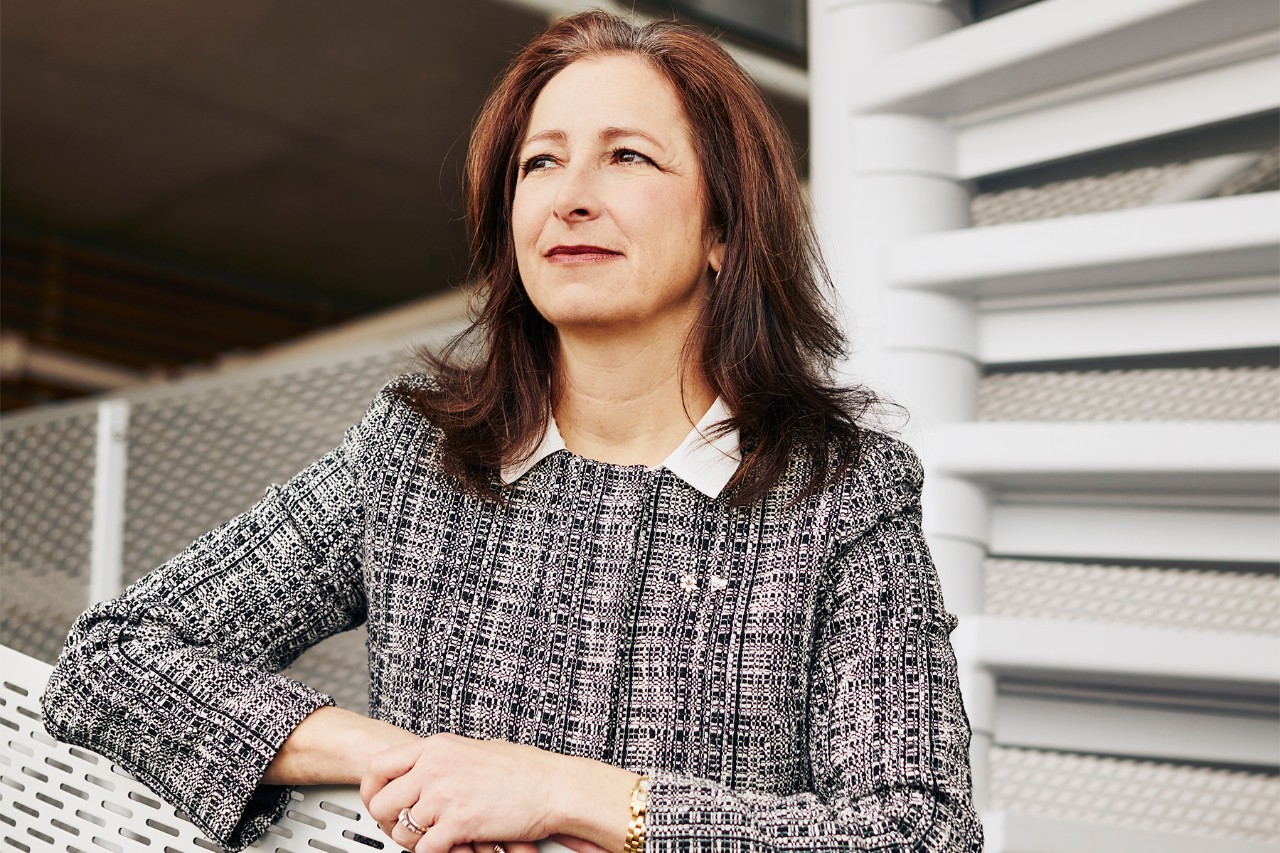Signalling that science is firmly back on the U.S. agenda, President Joe Biden has named high-profile scientist Eric Lander as his nominee to be both science advisor and head of the White House Office of Science and Technology Policy (OSTP). If confirmed by Congress, Lander will be the first biologist in either of these roles.
Lander is the geneticist, molecular biologist and mathematician most well-known as the co-lead of the international Human Genome Project. He is currently the president and founding director of the Broad Institute at MIT and Harvard. Professor Molly Shoichet (ChemE, BME, Donnelly) — Ontario’s Chief Scientist 2017-18 — shared her reflections on Lander’s nomination with Linda Quattrin of the Temerty Faculty of Medicine.
Scientists everywhere must be encouraged to see that Biden not only named a science advisor prior to inauguration but he also elevated the position to Cabinet for the first time in history. Given that political boost, what are you hoping to see from this administration on science?
President Biden built his campaign on facts and science. I was elated to see that the science advisor was elevated to a Cabinet role as it gives the role and the person holding that role greater access to the President. I am hopeful that decisions will be rooted in evidence.
Could this have a ripple effect on Canadian science?
Science is not political. It would be fantastic to see Canada’s Chief Science Advisor role (currently held by Mona Nemer) expanded such that there is greater and more consistent access to the Prime Minister. Of course, the position has always had a dotted line to the Prime Minister. In Quebec, the Chief Scientist’s position has become law and the Chief Scientist has survived multiple changes in government. This is key in Canada (and the U.S.).
Dr. Lander was roundly criticized for his 2016 overview of CRISPR technology that downplayed the role of two women, Emmanuelle Charpentier and Jennifer Doudna, who just last year won the Nobel Prize in Chemistry for their work. Was he the right choice for an administration trying to represent a greater diversity of voices in its leadership roles?
There are several things that need to be celebrated:
- President Biden chose a science advisor (President Trump left the position vacant for 18 months);
- He made the science advisor role part of his Cabinet;
- He has chosen a biologist who can provide cogent advice about the global pandemic;
- Alondra Nelson was named OSTP deputy director for science and society. Nelson is an accomplished social science leader, who has studied the societal impacts of emerging technology, as well as racism in science and medicine.
- There are several scientists who have been brought together with the science advisor, including Frances Arnold, winner of the 2018 Nobel Prize in Chemistry, who will co-chair President Biden’s Science and Technology Advisory Council.
It is disappointing that Dr. Lander overlooked the very people who invented the CRISPR technology and disturbing that this appears to be sexist. With strong women on his team, I’m hopeful that Dr. Lander will not repeat these regrettable omissions. There are certainly exceptional women who could take his place if he does.
We know that climate change is high on the President’s agenda, as is the pandemic, of course. If he takes a moonshot approach for large-scale investment in science, what domains do you see the U.S. taking on in a big way?
I imagine that President Biden will continue the moonshots that he started when he was Vice-President with President Obama — these include providing access to healthcare, conquering cancer, overcoming the pandemic, advancing clean energy alternatives and returning the American economy to great strength.
Prof. Shoichet, you were named Ontario’s first Chief Scientist in late 2017. While it was less than a year before Premier Doug Ford shut that down, what did the role look like for you and were there areas you were able to bring insights from science into public policymaking?
It was a great honour for me to serve as Chief Scientist for Ontario and I’m sorry that my position was politicized. I had the opportunity to work on policy to enhance science, on scientific methods to enhance policy making, and restoring public confidence in science. These are all enormously complex files, and I had a small but mighty staff who worked tirelessly with me to make advances.
Finally, I’ve often thought about the role that scientists could play in influencing public policy. Does seeing science move up on the political agenda tempt you to take a step into the political arena yourself?
I think that we need more scientists in government. There is both enormous opportunity and great responsibility to make a difference when one is elected. It would be a great honour to serve the public; however, I have been more focused on advancing knowledge with my research team, communicating that to the public through research2reality.com and commercializing our inventions through start-up ventures, like AmacaThera.




